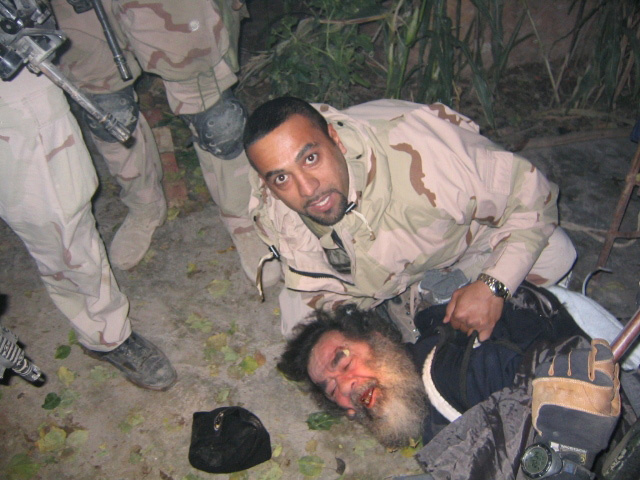As I write, the Las Vegas massacre is fresh in mind. As people struggle to understand the killer’s motive, I am thrust back to thoughts about Robert Hansen. I cannot claim that these men were the “same.” One committed mass murder, a singularity of death and destruction; the other was a serial-killer whose crimes spanned decades.
Criminologists don’t usually consider these two criminal acts as identical.
One — a mass murder — is seen as an explosive act of concentrated violence, in one place, at one time. The other — serial-murder — is associated with intricately planned violence over a longer span of time, involving multiple locations.
To some degree, these archetypes adhere in the present comparison. And yet… The Las Vegas killings were very much intricately planned. To the extent that they were, Robert Hansen’s serial killer psyche may provide some insights into the Las Vegas killer’s motive.
Reading — and hearing — Robert Hansen’s confession, one is immediately struck by the matter-of-factness of it all. The banality. His voice is flat and completely without affect. Even when talking about the most grotesque details of murder, Robert Hansen sounds no more emotional than he would in describing a shoe shine.
I’ll concede that he shows some sympathy — in the form of regret that things “went bad,” for example, in the case of Paula Goulding, who tried her damnedest to be cooperative. Except that… once that “spell” of “going along” was broken, Hansen went straight to murder, as though all previous accomodations were null and void. His bonds to common humanity were weak at best: these women were the Other, were “prostitutes” who were beneath him.
They did not matter. They could be sacrificed to his need for control.
This disconnectedness comes through unvarnished in Hansen’s confession and is reminescent of what Hannah Arendt said of Adolf Eichmann:
What he said was always the same, expressed in the same words. The longer one listened to him, the more obvious it became that his inability to speak was closely connected with an inability to think, namely, to think from the standpoint of somebody else.
Eichmann on Trial: The Banality of Evil (Hannah Arendt)
THIS NUDGES US toward the “Banality of Evil” that Arendt defines. The man before us, when we finally see him, is small and insignificant. Surely, we think, this cannot be the man who wreaked such malevolence and destruction.
We will never hear from the Las Vegas murderer in the same way we heard from Robert Hansen. But it is no stretch to think that, once stripped of his guns and cameras, he too would be small and insignificant.
He had no greatness in him, only the desire to destroy the greatness of others, as if by doing so he could rehabilitate himself.

“Out of power, most tyrants and serial murderers seem pathetic or ordinary, harmless, or even pitiful, as Saddam Hussein did coming out of his rathole with an unkempt beard.”
Amos Elon, Introduction to Eichmann in Jerusalem (Hannah Arendt)
Purchase Butcher, Baker